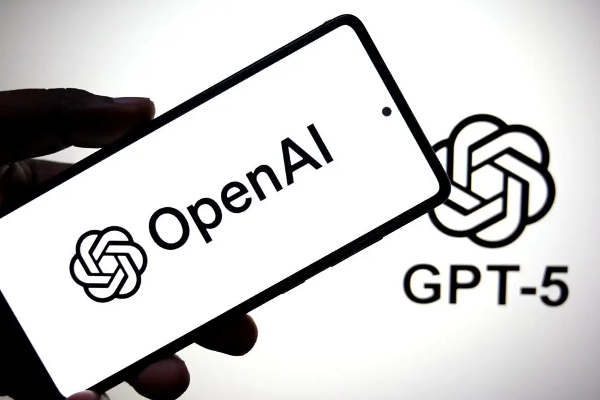OpenAI is considering entering the consumer health application field.

According to a recent report by Business Insider, a leading US business media outlet, OpenAI, a benchmark company in the field of artificial intelligence, is strategically focusing on the high-potential consumer health application market, intending to integrate its cutting-edge AI technology more deeply into the health management and medical scenarios of ordinary people.
This strategic consideration not only reflects the continued deepening of generative AI applications in vertical industries but also reveals that the digital health field is becoming a new focus of competition among tech giants.
It is understood that OpenAI is actively exploring how to transform its core technologies, such as its large language model, into health tools for end users. Such applications may cover diverse areas such as personalized health consultation, intelligent medication reminders, preliminary symptom self-assessment, mental health support, and daily management of chronic diseases, aiming to improve the accessibility, accuracy, and convenience of public health management through AI technology.
However, entering the health field also means that OpenAI must face a series of complex challenges. The healthcare industry is highly sensitive and subject to strict regulation. Ensuring the accuracy of AI output, avoiding the harm caused by misinformation, and handling and protecting users' sensitive health data will all become core issues that the company cannot avoid. Furthermore, in the field of professional medical diagnosis, AI models are currently typically positioned as auxiliary tools.
Clearly defining their capabilities and ensuring they complement rather than replace professional medical services will be crucial to their successful implementation. Industry observers point out that if OpenAI decides to formally advance this plan, it is expected to reshape how consumers interact with health AI and may directly compete with tech giants such as Google and Apple, as well as numerous digital health startups in this field.
This move further confirms that "AI in health" has become an important track for realizing the inclusive value of next-generation artificial intelligence technology, and its subsequent development deserves continued attention.









